Gen Z’s Influence Shapes National Celebrations in Nairobi
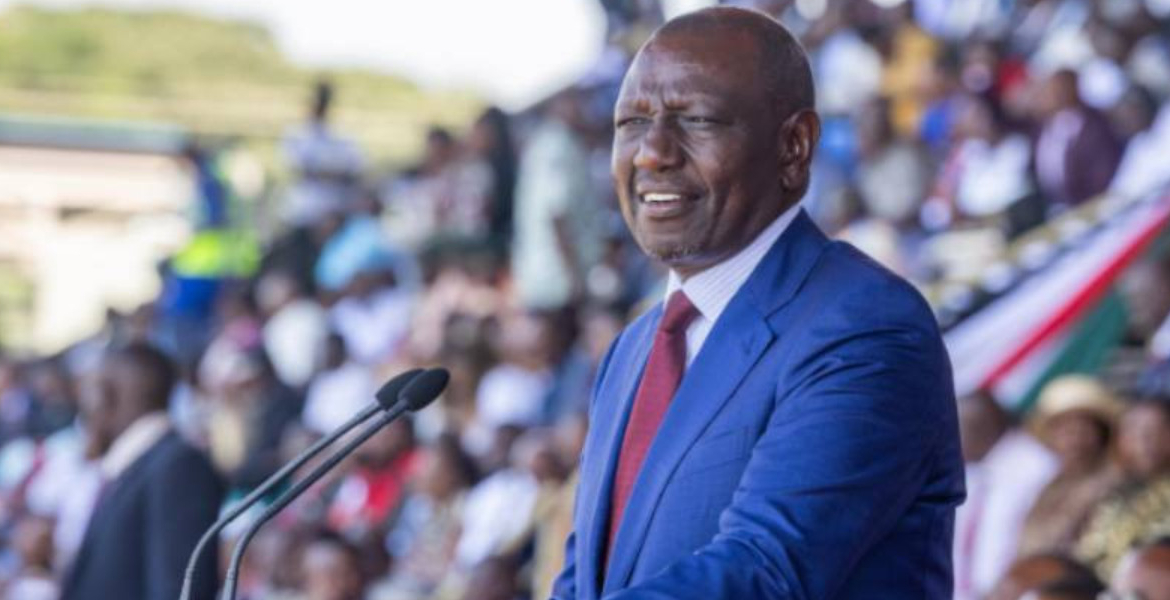
President William Ruto, in his Madaraka Day address on Sunday, conspicuously avoided direct mention of compensation for victims of past protests, despite renewed calls from opposition leader Raila Odinga.
Instead, the President focused on showcasing his administration's accomplishments in economic growth, healthcare reform, and affordable housing initiatives. Ruto's speech, delivered during the national celebrations, was framed as a narrative of resilience and transformative progress, effectively bypassing Raila's demand for accountability and reparations for victims of police brutality during previous opposition protests and last year's anti-tax demonstrations spearheaded by youth activists.
Moments before Ruto's address, Raila had challenged the government to take responsibility for the consequences of police actions, dismissing the public apologies offered by Ruto and National Assembly Speaker Moses Wetang'ula during the recent National Prayer Breakfast as insufficient gestures.
"An apology is a good first step," Raila stated, emphasising the need for tangible action. "But what about the lives lost? The government must compensate the bereaved and the injured to help the nation heal and move forward in unity and peace."
Raila's remarks referenced commitments outlined in a 10-point accord signed in March between his Orange Democratic Movement (ODM) party and Ruto's ruling United Democratic Alliance (UDA). Despite this explicit challenge to reaffirm elements of the accord, Ruto refrained from addressing the issue of compensation. His address instead emphasised a broad vision of national development driven by self-determination and economic reforms.
"No one else is going to bring change except us," Ruto declared, urging citizens to embrace the ongoing economic adjustments. "The Kenya we want will only be built by embracing transformation, however uncomfortable it may seem at first."
The President's speech presented a picture of steady progress under his Bottom-Up Economic Transformation Agenda (BETA), positioning economic recovery, social health programs, and housing development as the key achievements of his administration. His central message framed his leadership as action-oriented, focusing on tangible results rather than rhetoric.
Economic Growth and Stability Claimed
Ruto defended his administration's economic policies by citing encouraging indicators, claiming the economy had grown at an annual rate of five percent. He stated that this growth outpaced regional and global averages. He also highlighted the recovery of the shilling, the reduction of inflation from 9.6 percent to 3.8 percent, and foreign reserves exceeding $10 billion as evidence of positive economic trends.
"These figures are not just numbers; they are a testament to what focused leadership and bold reform can achieve," he stated, reinforcing his administration's narrative of economic success.
Ruto placed significant emphasis on housing as a critical pillar of national transformation. He recounted his recent handover of homes to over 1,000 families in Nairobi's Mukuru estate, describing it as a pivotal moment in Kenya's pursuit of affordable housing.
"To see families move from the hardship of overcrowded slums to the relative comfort of permanent homes with water, electricity, and clean cooking gas was deeply humbling," he reflected, emphasising the human impact of his administration's policies.
Expanding on his vision, Ruto assured Kenyans that his administration would deliver 150,000 more homes under the Affordable Housing Programme. He also announced a policy proposal allowing contributors to the Housing Levy to access home loans of up to Sh5 million at single-digit interest rates, a move he said would enhance mortgage accessibility.
Ruto also championed his administration's efforts in healthcare transformation, focusing particularly on the establishment of the Social Health Authority (SHA) and its flagship program, Taifa Care. According to the President, since its launch in October 2024, SHA has registered 23 million Kenyans. "SHA is working," he affirmed, adding that the program had already disbursed Sh43 billion in claims and provided free medical treatment for 4.5 million citizens.
He reiterated that primary healthcare services would be fully funded for all registered citizens, ensuring no Kenyan would be denied treatment due to financial constraints. Ruto acknowledged past failures of the defunct National Health Insurance Fund (NHIF), particularly its exclusion of informal sector workers, who constitute the majority of Kenya's labour force.
"So far, 1.7 million informal sector households have successfully enrolled and paid for social health insurance, a record achievement representing the highest number of informal sector enrollments," Ruto declared.
To address concerns over inconsistent premium contributions among informal workers, he announced the introduction of the "Lipa SHA pole pole" initiative, a staggered payment option aimed at expanding social health coverage. The President defended his administration's controversial decision to lease state-owned sugar factories, Nzoia, Chemelil, Sony, and Muhoroni, arguing that the move was essential for modernising operations and ensuring prompt payments to farmers.
"For years, these factories were a financial burden on the Exchequer, surviving only on repeated taxpayer-funded bailouts while failing to pay farmers and workers. The government has acknowledged its limitations in managing these mills," he said, asserting that no land or assets had been sold.
To bolster youth empowerment, Ruto unveiled a Sh20 billion initiative, the National Youth Empowerment Towards Advancement Program, in partnership with the World Bank. He described it as a strategic investment in skills development, entrepreneurship, and financial support for young Kenyans.

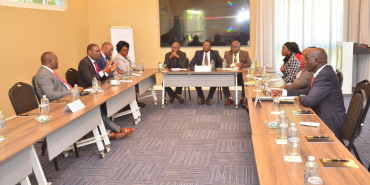
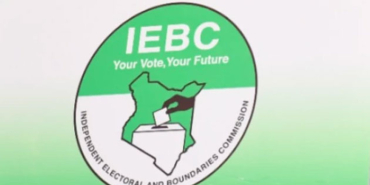

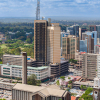

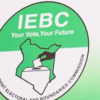

Add new comment